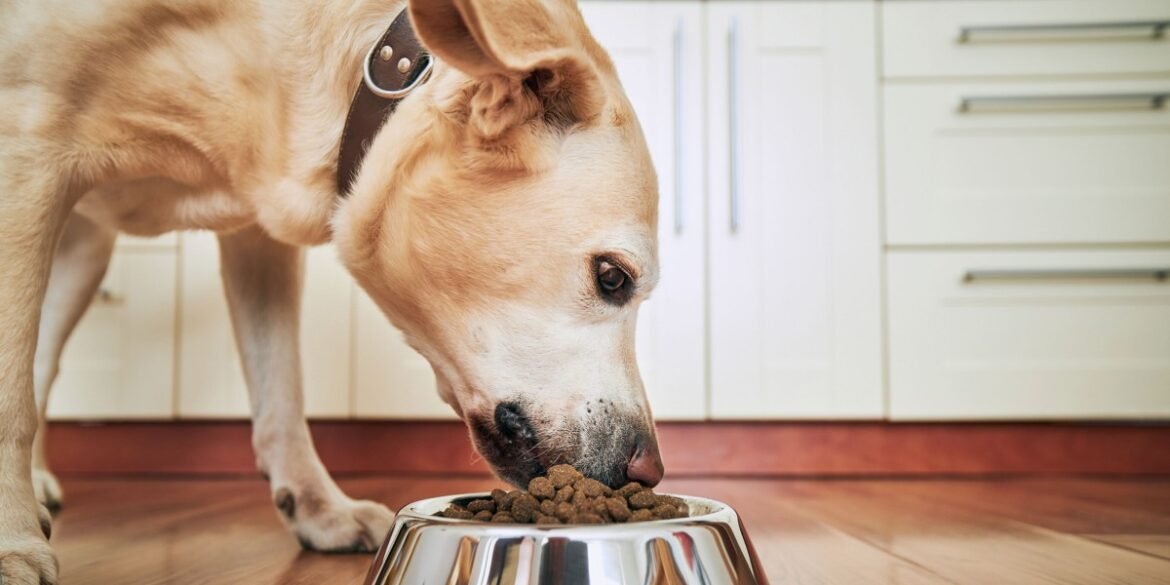Having a pet is more than cuddles and playtime—it’s a commitment to their health and well-being. Two of the most critical aspects of responsible pet care are proper nutrition and hygiene. Just like humans, animals need the right food and a clean environment to stay healthy, active, and happy.
This article explores how a balanced diet and proper hygiene practices can enhance your pet’s quality of life, prevent illness, and ensure long-term wellness.
Understanding Pet Nutrition: More Than Just a Full Bowl
Feeding your pet isn’t just about keeping them full—it’s about giving them the fuel they need to thrive. Each species, and even breed, has specific nutritional requirements.
Balanced Diet by Animal Type
- Dogs require protein, fats, fiber, and essential nutrients. Active breeds and large dogs often need more calories, while smaller or older dogs require lower-fat diets.
- Cats must eat meat to survive. A high-protein, high-moisture diet rich in amino acids like taurine is essential.
- Birds need more than seeds. A healthy avian diet includes formulated pellets, fruits, vegetables, and occasional seeds.
- Small mammals, such as rabbits and guinea pigs, need fiber-rich diets, mostly consisting of hay and supplemented with leafy greens.
- Reptiles can be carnivorous or herbivorous. Their diets range from insects and rodents to specific greens and fruits, depending on the species.
Importance of Portion Control
Overfeeding is common and dangerous. Obesity in pets can lead to heart problems, arthritis, liver disease, and diabetes. It’s important to feed the right quantity, ideally under the guidance of a vet or nutritionist.
The Water Factor
Hydration is often overlooked. Pets need constant access to clean, fresh water. Cats, in particular, can suffer from kidney issues if they don’t drink enough, and reptiles need both water and regulated humidity to stay hydrated.
Pet Hygiene: Clean Habits, Strong Health
Cleanliness is crucial to preventing diseases and maintaining your pet’s comfort. Whether your pet lives in a kennel, aquarium, cage, or roams freely around your house, hygiene plays a vital role in their health.
Bathing and Grooming
- Dogs should be bathed regularly, depending on their breed and activity level. Brushing prevents tangles and skin infections.
- Cats usually clean themselves, but some breeds benefit from grooming to manage shedding and avoid hairballs.
- Birds require clean feathers to fly and regulate temperature. Provide opportunities for natural preening and bathing.
- Small mammals like rabbits should not be fully bathed unless recommended by a vet. Regular brushing and spot cleaning are usually enough.
- Reptiles require clean tanks and occasional soaking, depending on species.
Dental Hygiene
Bad breath isn’t normal. Dental care is critical to preventing oral diseases that can affect the heart and kidneys. Brush your pet’s teeth regularly or offer dental treats. Birds and rodents also need chewable items to maintain healthy beaks or teeth.
Clean Living Environments
A clean habitat reduces the risk of illness and infection:
- Remove waste daily from litter boxes, cages, and tanks.
- Wash bedding, food bowls, and toys at least once a week.
- Disinfect aquariums or terrariums regularly to prevent bacteria buildup.
Parasite Management
Fleas, ticks, and intestinal parasites can impact indoor and outdoor pets. Use vet-recommended preventatives and get routine health screenings to catch issues early.
Creating a Routine That Works
Routine creates structure. Set fixed times for feeding, grooming, and cleaning. Pets respond well to consistency, and it helps you stay on track with care responsibilities.
Make it a habit to:
- Check your pet’s coat, skin, ears, and eyes for unusual changes.
- Note their appetite and bathroom habits.
- Track weight and energy levels.
Early signs of trouble are often visible through changes in hygiene or eating behavior.
Conclusion: Prevention Is the Best Care
Good diet and hygiene are not luxuries—they are necessities. By feeding your pet a balanced diet and keeping their environment clean, you help prevent illness, improve mood, and support their longevity.
Caring for a pet isn’t just about love—it’s about the daily habits that show love in action. What you do every day—what you feed them, how clean you keep them—determines how well they live.
